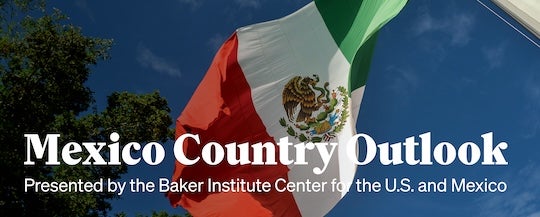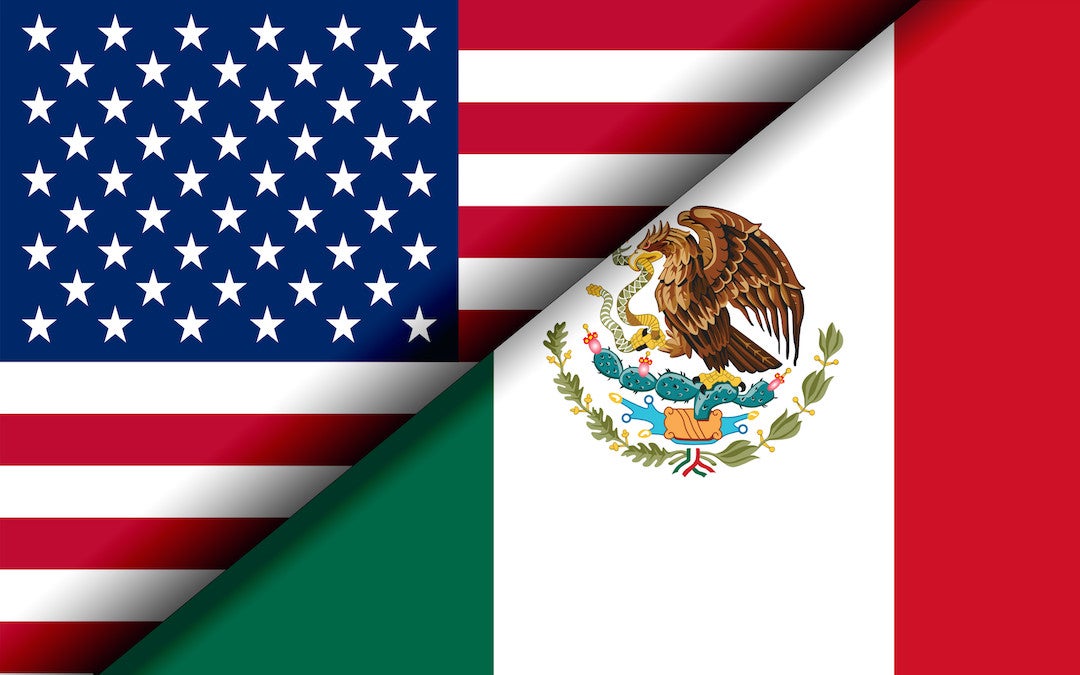HOUSTON – (Jan. 18, 2024) – The United States-Mexico border will be the greatest source of conflict between the two nations in 2024 — particularly with elections in both countries this year — according to the latest edition of the Mexico Country Outlook report from Rice University’s Baker Institute for Public Policy.
The report presents the forecast for the U.S. and Mexico’s relations in 2024. It provides data and analysis on Mexico’s uncertain political landscape, complex legislative and regulatory environment, social and economic challenges, public safety and security barriers and increasingly difficult relationship with the U.S. Full access to the Mexico Country Outlook 2024 digital report and reports from previous years can be found at bakerinstitute.org/mco.
“The diplomatic impasse will continue with disputes on migration, fentanyl and trade,” said Tony Payan, director of the Baker Institute’s Center for the U.S. and Mexico. “Mexico will keep denying responsibility on migration and fentanyl and avoid confronting organized crime, especially ahead of the elections, and domestic politics on both sides of the border will make the relationship more challenging.”

The election year in Mexico will also bring more political threats and assassinations, Payan argues. Major disruptions to the Sinaloa and Jalisco New Generation (JNG) cartel structures could escalate violence, and fentanyl seizures at the U.S. border are expected to remain steady or rise. Migration through Mexico will continue unabated with few protections for migrants. Additionally, regardless of Mexican presidential election outcomes, democratic backsliding is expected to continue in 2024, Payan said.
There are positive economic indicators, however, that include strong consumption, remittances and a favorable investment environment, according to the report. The Mexican economy is expected to grow by 1.8-2.5% in 2024. New incentives designed to boost nearshoring investment in 2024 and 2025 will help the economy as well. Yet the challenges of high levels of violence, weak infrastructure and an uncertain regulatory and political landscape remain.
Each year, the Center for the U.S. and Mexico at the Baker Institute surveys a number of experts for the annual Mexico Country Outlook. These experts are tasked with anticipating the opportunities and challenges in Mexico’s political, social and business environments in the coming year for policymakers, industry leaders and the general public. The resulting report addresses themes as varied as Mexico’s politics and democracy, regulatory environment, economy, legislative agenda, human mobility, public safety and security, education, health care and political and diplomatic relationships.

